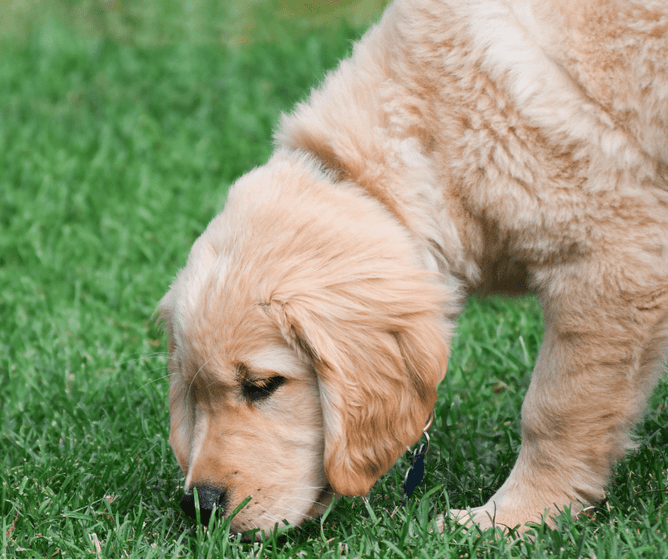Displacement Behaviours
Displacement behaviours are normal behaviours displayed out of context. They can occur when a dog is experiencing conflict or anxiety/stress and can be an attempt to deflect those emotions.
Examples of displacement behaviours:
· Sniffing
· Scratching
· Yawning
· Licking or chewing themselves
· Checking the urogenital area
· Grabbing/biting the lead
· Rolling on the ground
· Humping
How a displacement behaviour may be seen:
Your dog won’t come inside when you call him, and each time you call your voice raises in frustration. Your dog starts sniffing the ground which makes you even more frustrated. The sniffing can be an attempt to deflect the stress of you being angry.
We often see displacement behaviours in puppy class when puppies are nervous and excited (like the first day of school), the puppies aren’t sure what to do so they tend to show displacement behaviours such as scratching and sniffing.
Behaviour is fluid and constantly changing. Observe your dogs as much as possible and take into consideration the context in which the behaviour is happening.
When does your dog show displacement behaviours?

